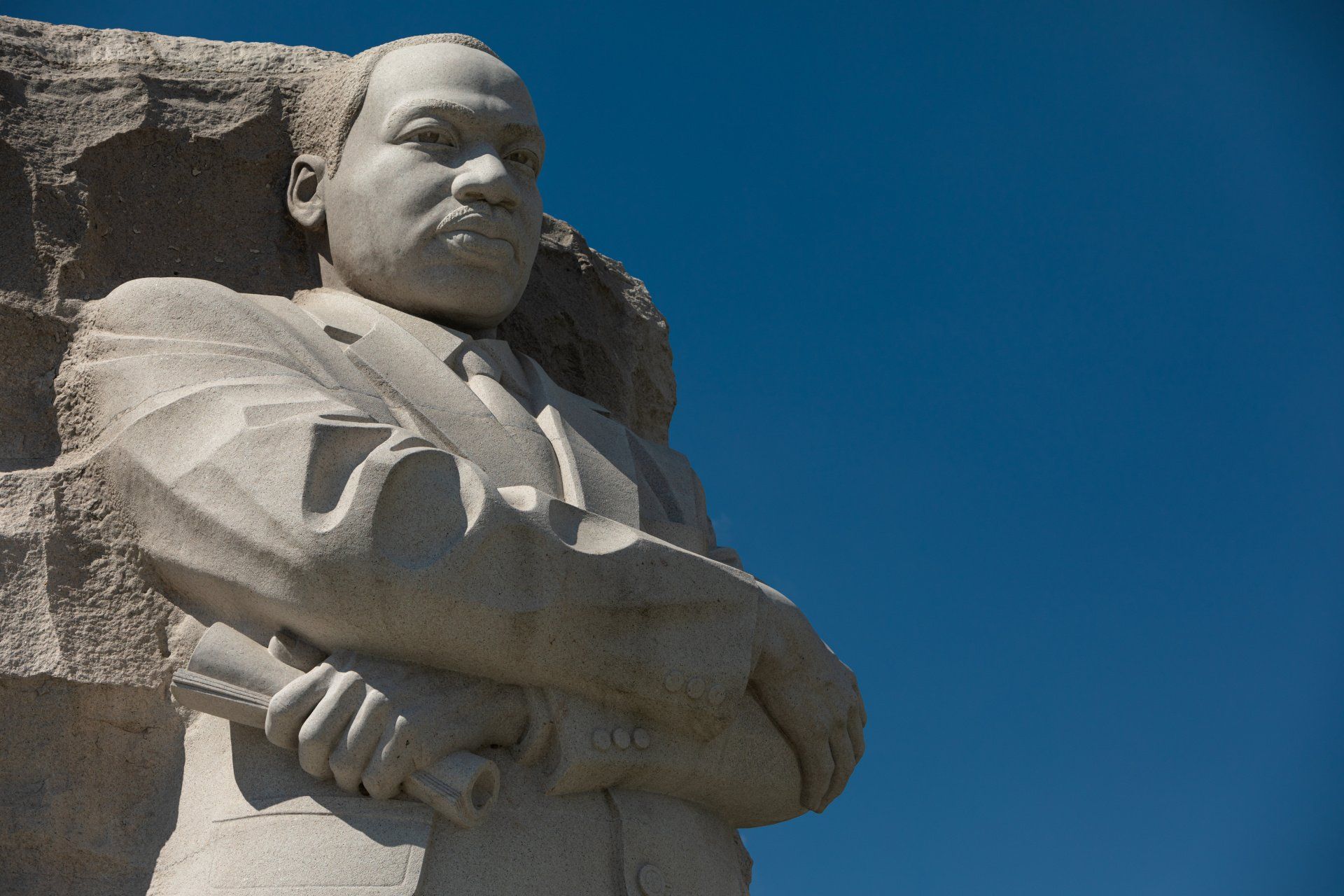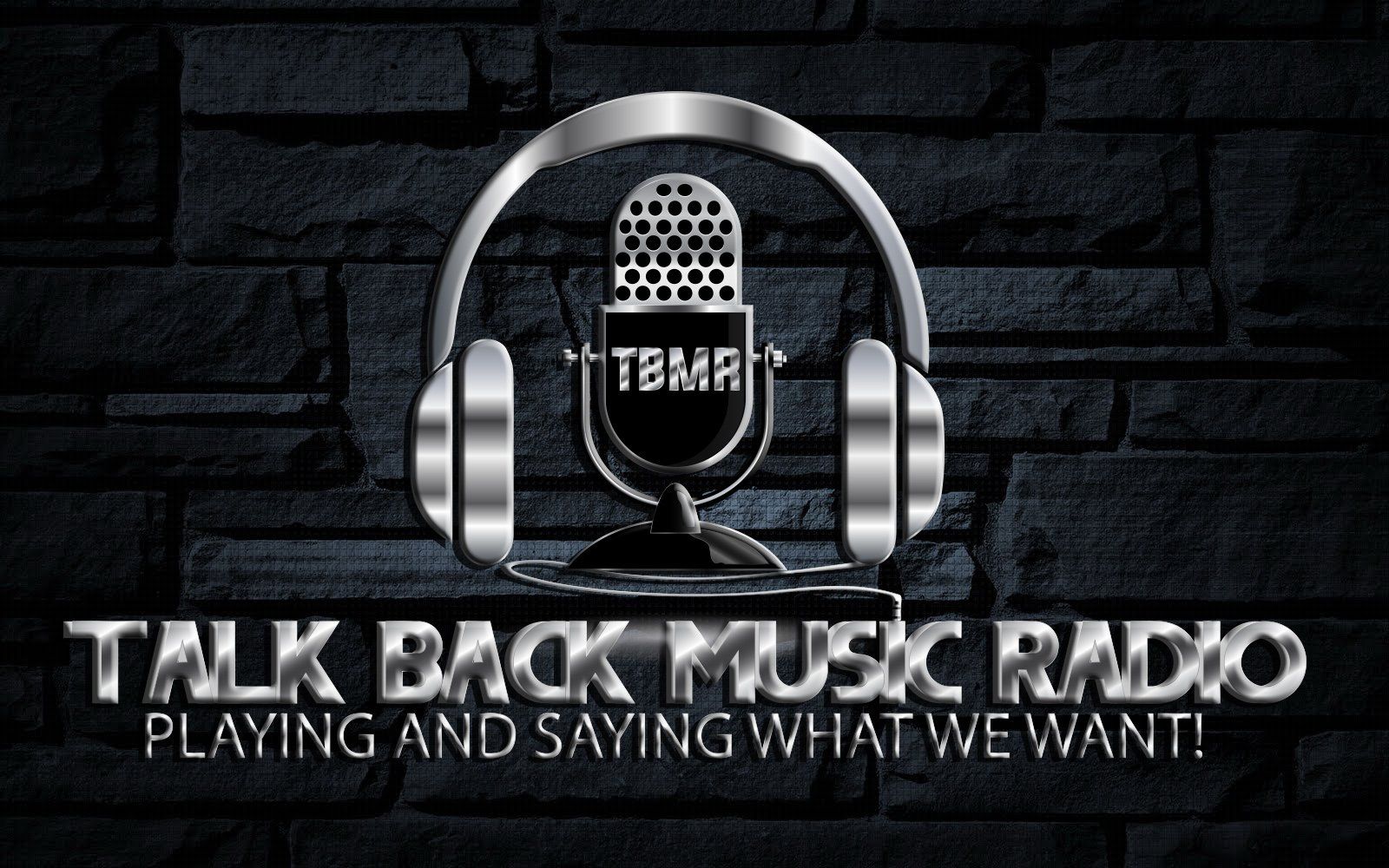Blog Layout
That Old Gray Mare
Sep 21, 2020
This is a subtitle for your new post

The Legislature is back in Raleigh but not in full swing. Legislators are practicing limited social distancing as they deliberate us out of this untenable circumstance. Committee meetings are held in the usual rooms with some member actually present, others present from their office computer screens and still others present on the internet from their homes. Fortunately, we can watch online – at least if you live in a community in North Carolina that has adequate broadband.
Legislative leaders have also figured out how to comply with the NC Constitutional requirement that they actually have a quorum of members “actually present” in order to convene for session. A quorum is achieved by having a simple majority of members present. The simple majority allows them to meet responsibly and in compliance with social distance recommendations. As for voting, they have adopted a proxy rule to allow members not in Raleigh to have their caucus leader vote on their behalf. Additionally, they have amended their voting rules to extend the time it takes for members to cast their vote. Thus, members can rotate in and out of the Chamber to allow for non-proxy votes to be cast. All in all, the Legislature has shown that it can be flexible and accommodating in a time of crisis.
Just Ain’t What It Used to Be.
But on the other hand, initially only legislators, staff and the press were allowed in the building. That meant that the public which the duly sworn government officials have pledged to serve was excluded from participation, oversight, and advocacy of the democratic process. The use of technology is an appreciated convenience to watch what is going on, but is no substitute for the face-to-face engagement that is the touchstone of our republic. Now more than ever, our fate is left in the hands of a few under the watchful eye of even fewer.
For nearly two decades, political advocacy has come under attack as an impediment to responsive government. Many have complained that the “lobbyists and big corporate interests” have taken objectivity and fairness out of the legislative process. If you thought that was true when the doors to the halls were open to the public and everyone comingled and congregated together to get their point across, what must be at stake now that only a select few are even allowed in the building.
Public participation begets public confidence. Take advantage of the fact that your legislator may be isolating herself to protect our seniors and children. Get online if you can and keep advocacy alive. The issue of the decade is still before us -- Election Day. Rules for that day have yet to be crafted. Your participation and input are quintessential to a viable and valuable future.
Share
Tweet
Share
Mail
Thoughts from Henry Lancaster II

02 Mar, 2022
There is a phrase I am sure many of you have heard at one time or another: “hope springs eternal.” Another way to put it is a famous literary query “if Winter comes, can Spring be far behind?” Sixty-five years ago this May 17th, na-tional civil rights leaders called for a rally on the steps of the Lincoln Memorial hoping to get the federal government to fulfill the promise of the Brown v. Board of Education decision with supporting enabling legislation (more specifi-cally the Civil Rights of 1957 which, by the way, was filibustered to defeat by Senator Strom Thurmond). A very young Martin Luther King, Jr. joined the litany of presenters that day as the last speaker. The very young King noted that the monumental Brown decision was met with opposition in open defiance from many states. One form of opposition he addressed was “all types of conniving methods that are still being used to prevent Negroes from becoming registered voters.” He stated that the “denial of this sacred right is the tragic be-trayal of the highest mandates of our democratic tradition.” The defenders of voting rights today echo the same message in their challenges to restrictions being legislated al-most daily across the country. Decades before King, American writer and bard, James Weldon Johnson, wrote about democracy in America stating that “[t]his country can have no more democracy than it accords and guaran-tees to the humblest and weakest citizen.” Both King and Johnson spoke of the fulfillment of the American govern-ance experiment as having to be inclusive and non-judgmental. They more than intimated that America cannot suc-ceed if it does not allow all its citizens to have a voice. King stated, “Give us the ballot, and we will no longer have to worry the federal government about our basic rights. Give us the ballot, and we will no longer plead to the federal government for passage of an anti-lynching law; we will by the power of our vote write the law on the statute books of the South and bring an end to the das-tardly acts of the hooded perpetrators of violence. Give us the ballot, and we will transform the salient misdeeds of bloodthirsty mobs into the calculated good deeds of orderly citizens. Give us the ballot, and we will fill our legislative halls with men of goodwill and send to the sacred halls of Congress men who will not sign a “Southern Manifesto” because of their devotion to the manifesto of justice. Give us the ballot, and we will place judges on the benches of the South who will do justly and love mercy, and we will place at the head of the southern states governors who will, who have felt not only the tang of the human, but the glow of the Divine.” Arguably, the United States Constitution was intended to be the beginning of a nation’s evolution not a marker in time to fit the interests of those “in charge” at the time. I say arguably because so many of the founding fathers and their successors were purveyors of our country’s original sin. Contradictions have ravaged our past. But over time however, amendments have been adopted to right the wayward ship. And it is those amendments that have ex-panded the nation’s contract with its citizens that all men are created equal and are endowed with inalienable rights to life, liberty, and the pursuit of happiness. Voter suppression is hands down a breach of that contract. If one’s Second Amendment right to bear arms is con-sidered untouchable so should be another’s right to participate in structuring their governance. That is, a voter has the right to enter a polling place with the expectation that their vote can and will make a difference. If that voter is left with the impression in any way that the exercise of the right is mathematically insignificant for any reason other than their inability to rally like minded voters, then a breach has occurred. A breach of that magnitude is un-American. If hope truly springs eternal, it is because each election season has meaning for more than a privileged few. (References to Dr. King can be found at the King Research and Education Institute at Stanford University)
